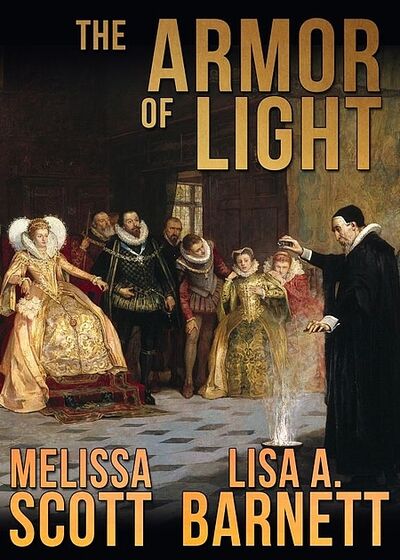Page Summary
Active Entries
- 1: The Judas Contract by Marv Wolfman & George Pérez
- 2: Five SFF Novels Featuring Tunnels
- 3: Five SFF Works About Meddling, Mystery-Solving Kids
- 4: Well, crap
- 5: Bundle of Holding: Awfully Cheerful Engine
- 6: Candidate Planet Nine Found
- 7: That Leviathan, Whom Thou Hast Made by Eric James Stone
- 8: Five Books About Imposters, Swindlers, and Con Artists
- 9: Work
- 10: (no subject)
Style Credit
- Style: Neutral Good for Practicality by
Expand Cut Tags
No cut tags

no subject
Date: 2020-08-20 05:21 pm (UTC)What would be funny (FSVOF) is that they "succeeded", Charles I got to keep his head, and the Three Kingdoms went down the road of royal absolutism à la France - a much worse outcome (unless you're a royal).
no subject
Date: 2020-08-20 11:00 pm (UTC)I have no idea what such an England would have been like, but I'm pretty sure that it wouldn't have mirrored France.
no subject
Date: 2020-08-21 03:47 am (UTC)There's a least a strong line of thought that France and England started out the same; post-Roman Germanic traditions, where the right to rule as king gets created by some combination of heredity, divine favour, and the approval of the ~tribal assembly.
The decisive point of departure in this model is seen as the Angevins; no one could ascribe piety to Devil Henry (Henry II Plantagenet) with a straight face, even if he paid them. Plus the whole turbulent priest, barefoot in the snow thing.
So by the time of Henry Tudor, it was down not to heredity or divine favour, but Parliament. (Which at that time is nobles and prelates far more than it's the Commons; the English Civil War can be seen as the argument between Lords and Commons over control of Parliament (and thus the power to tax, lodged in a less clearly defined Parliament in the reign of Edward III), with the monarchy as a rhetorical football.) Pretty much entirely settled by the time of the Stuarts since they'd had Great Harry and didn't like it.
So by the time of Elizabeth isn't not at all likely you could get to the kind of divine right thing the French monarchy had going; that had built over a long time and with tangible evidence of divine favour in the form of continuous primogeniture, despite everything. You could maybe get something absolutist -- Great Harry again -- but you then run into the problem of the pirate kingdom and where the money really comes from. It would take a new economy as well as a new construction of government.
no subject
Date: 2020-08-20 11:13 pm (UTC)no subject
Date: 2020-08-27 10:46 am (UTC)